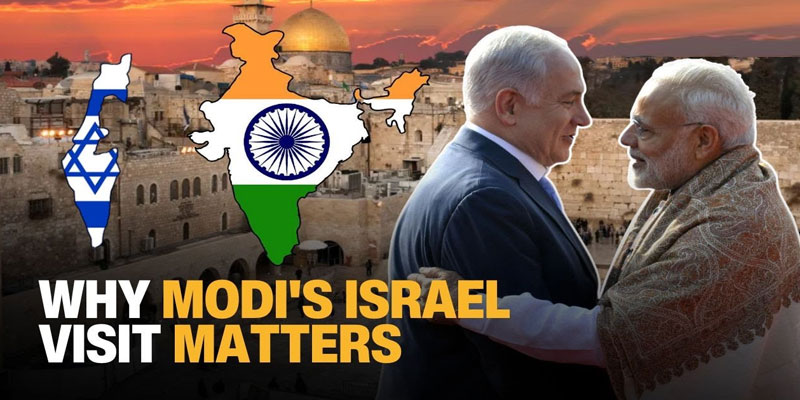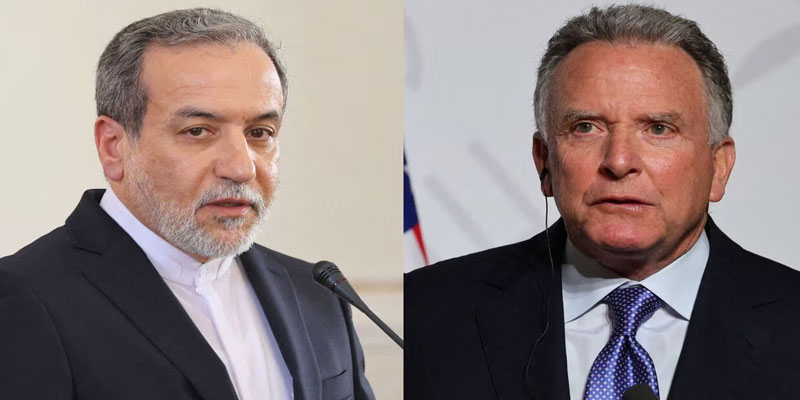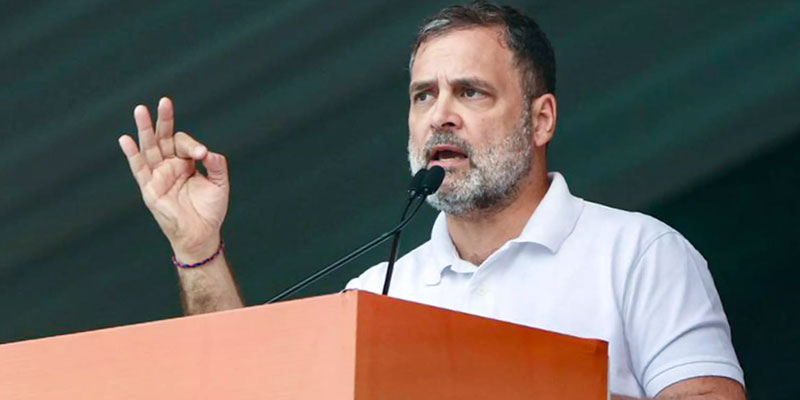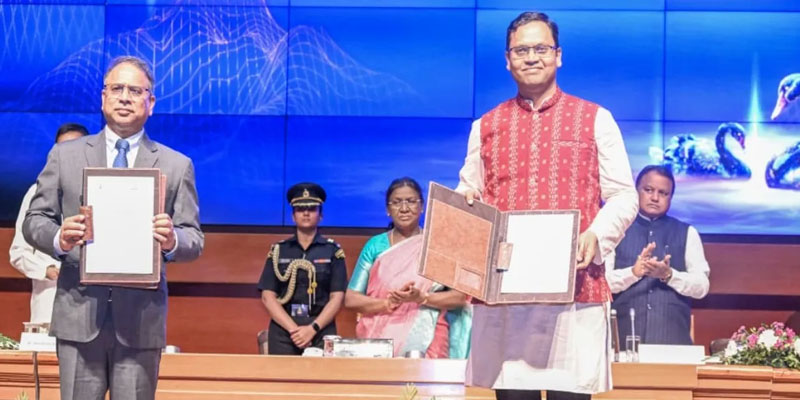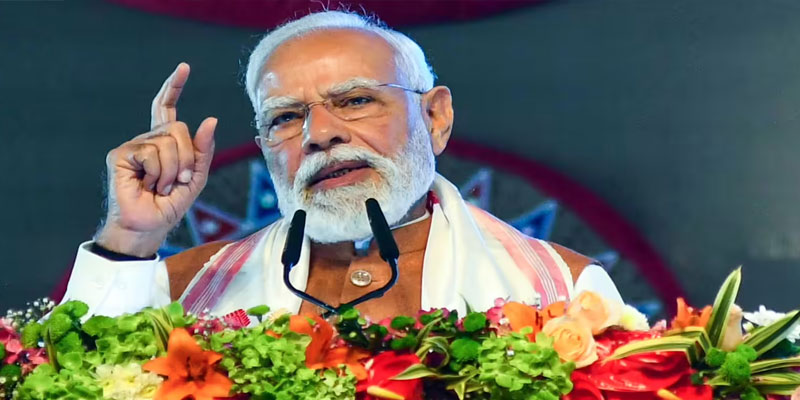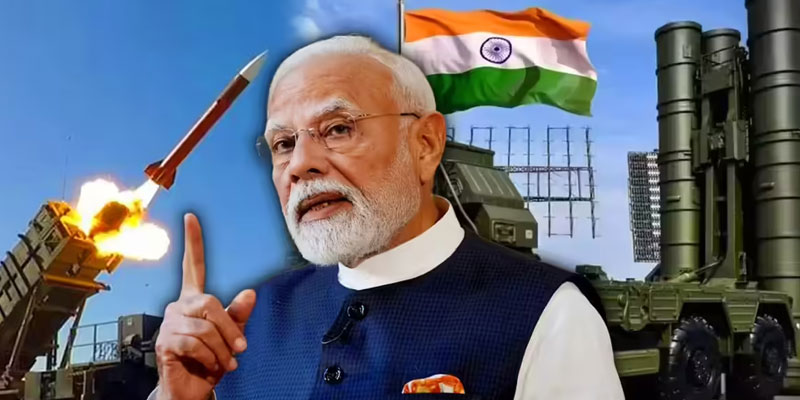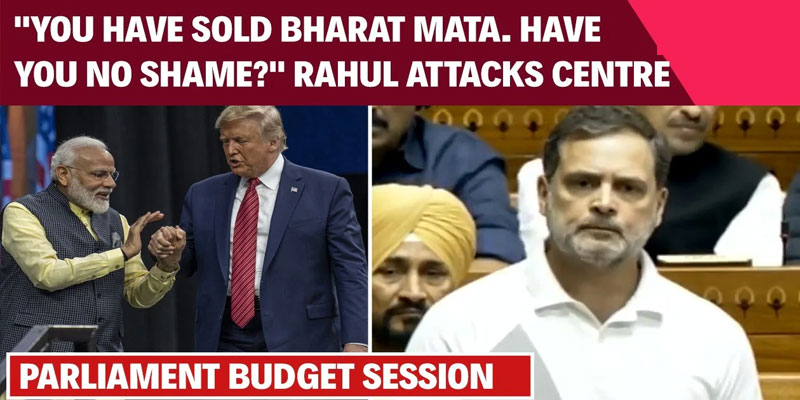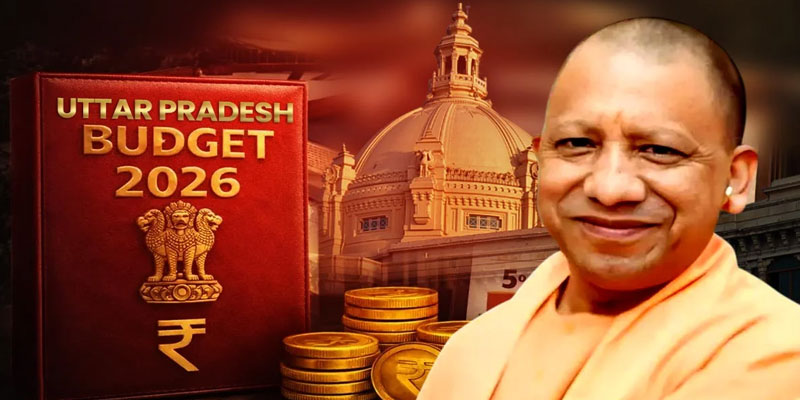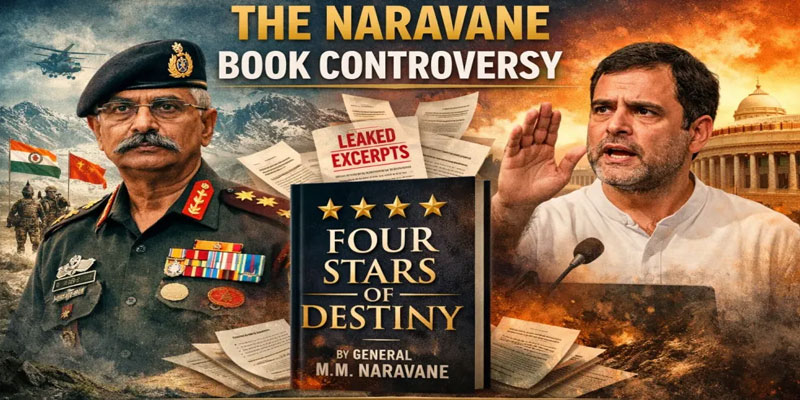Rahul Gandhi Faced Allahabad High Court Heat Over Remarks on Indian Soldiers
Congress leader Rahul Gandhi faced a legal setback on Wednesday when the Allahabad High Court rejected his plea challenging summons issued by a Lucknow court. The summons stemmed from alleged defamatory remarks he made about the Indian Army during the 2022 Bharat Jodo Yatra. The High Court’s message was sharp: freedom of speech does not include the freedom to defame the armed forces.
The Trigger: Remarks During Bharat Jodo Yatra
The controversy began in 2022 when Rahul Gandhi, during a press interaction in Rajasthan as part of his Bharat Jodo Yatra, accused the Indian media and government of silence over Chinese aggression at the border. Referring to Chinese incursions and clashes, Gandhi stated, “Chinese troops are thrashing Indian soldiers in Arunachal Pradesh, and the press doesn’t question the government.”
This statement was seen by many, including former Border Roads Organisation (BRO) Director Uday Shankar Srivastava, as defamatory and demoralizing to the Indian armed forces.
Defamation Complaint and Legal Battle
Following the remarks, Srivastava filed a defamation case in a Lucknow court, arguing that Gandhi’s comments insulted the bravery and reputation of Indian soldiers. Although not an active Army officer, Srivastava, a retired BRO director with the rank equivalent to a Colonel, claimed he was an "aggrieved person" under Section 199(1) of the Code of Criminal Procedure (CrPC). The court agreed, stating that someone closely linked to the institution in question can qualify as an aggrieved party.
Gandhi had argued that Srivastava lacked legal standing to file the case and that his remarks were part of political discourse protected under Article 19(1)(a) of the Constitution, which guarantees freedom of speech. However, the Allahabad High Court held firm, stating: “Freedom of speech is subject to reasonable restrictions. It does not extend to defamatory statements against national institutions like the Army.”
Congress’s Response: Political Targeting or Genuine Case?
The Congress party has dismissed the case as politically motivated, claiming that Gandhi is being targeted for his bold criticism of the government, particularly on issues like national security and China policy. Party leaders argue that democratic dissent is being criminalized and the legal system is being used to suppress opposition voices.
However, critics of Gandhi argue that the language used was inappropriate, particularly when referring to soldiers who continue to serve in sensitive and dangerous border zones. They say political figures must exercise caution and responsibility when addressing national security concerns.
Wider Implications and Political Fallout
The ruling has broader implications for the boundaries of political speech in India. It puts a spotlight on the growing tension between freedom of expression and respect for national institutions like the military. It also comes at a politically sensitive time, with general elections on the horizon and Gandhi’s leadership under constant scrutiny.
While Gandhi is unlikely to face immediate legal consequences beyond the defamation proceedings, the case adds to his growing list of legal challenges and may impact his political narrative going forward.
A Tightrope Between Speech and Sensitivity
Rahul Gandhi’s case underscores the fine line between legitimate criticism and perceived defamation. In a democracy, leaders must be free to question government policies. But as the court reaffirmed, such freedom must be balanced with responsibility—especially when it involves the integrity of institutions like the Indian Army. The road ahead for Gandhi is not just political but increasingly legal—and closely watched.
(With agency inputs)




